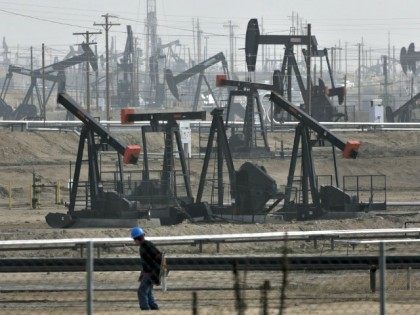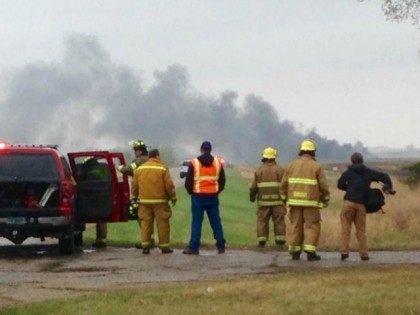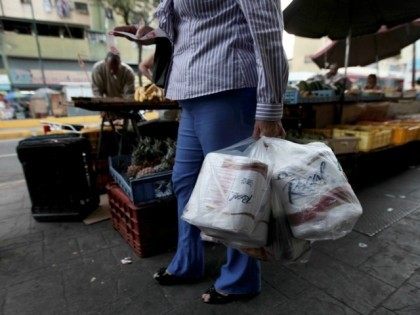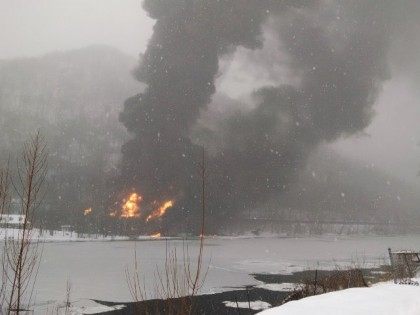Second Wave of U.S. Oil Boom Will Bankrupt OPEC
With every OPEC member now at a higher break-even cost than the U.S., it is OPEC members that are at risk of being bankrupted in the second wave of the U.S. oil boom.

With every OPEC member now at a higher break-even cost than the U.S., it is OPEC members that are at risk of being bankrupted in the second wave of the U.S. oil boom.

Rep. Kevin Cramer (R-ND) traveled to his state of North Dakota to view the train derailment that occurred Wednesday morning near Heimdal, North Dakota. He noted that “no amount of regulations” would prevent accidents from occurring.

Many complicated factors contribute to the global price of a barrel of oil, but two of the leading components are supply and risk—and both have the potential to escalate in the days ahead.

Acutely aware of Venezuela’s growing economic destitution, the government of Trinidad & Tobago has proposed exchanging Venezuelan oil for Trinidadian toilet paper, to keep supplies in the South American nation’s market replenished.

Oil cars were still burning more than a day after a train carrying 3 million gallons of North Dakota crude derailed in a West Virginia snowstorm, shooting fireballs into the sky.
